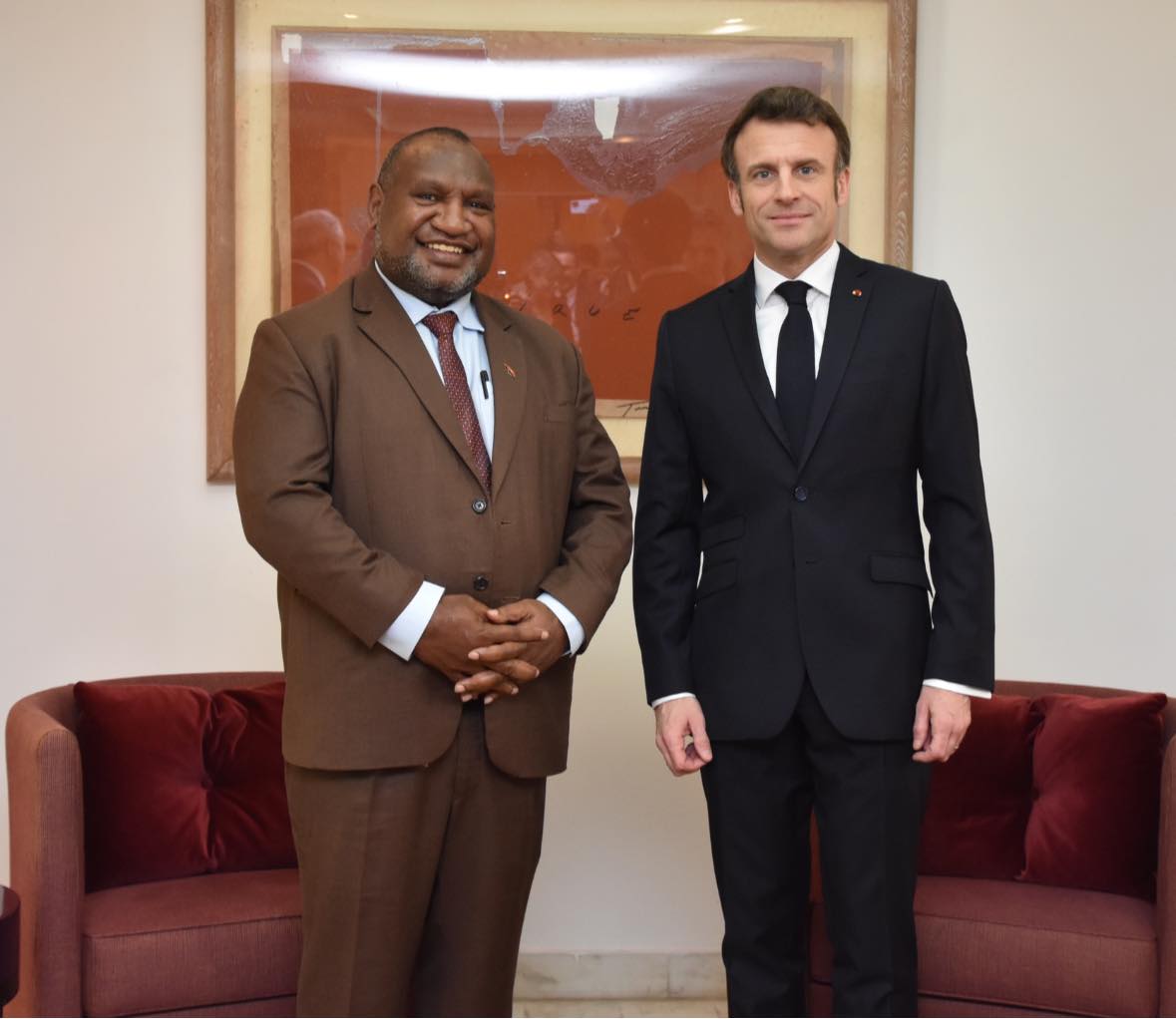French president Emmanuel Macron will travel to the south-west Pacific this week, in a “historic” visit designed to bolster his Indo-Pacific strategy and reaffirm France’s role in the region.
The five-day visit begins on 24 July in the French archipelago of New Caledonia, followed by stops in Vanuatu and Papua New Guinea. The Elysée, the French presidential palace, has said it is the first time a French president will travel to independent countries in the Pacific region, and not only French overseas territories.
In the Pacific, France assumes sovereignty for three territories: New Caledonia, French Polynesia and Wallis and Futuna. In the Indian Ocean, France has sovereignty over the island of Réunion.
Denise Fisher, visiting fellow at the Centre for European Studies at the Australian National University (ANU), said Macron’s visit is “extremely significant” and will focus on the future for New Caledonia after three failed independence referendums, as well as France’s Indo-Pacific strategy.
“It’s extremely significant and all tied up with New Caledonia … the two issues are fundamental for the French, what it does with New Caledonia and in the Indo-Pacific,” she said.
Macron’s visit to the archipelago comes five years after his last trip there, and 19 months after New Caledonian citizens rejected independence in a third and final referendum under the so-called Noumea accords about the island group’s future.
However, support for independence remains high among the indigenous Kanak population and there are ongoing campaigns for self-determination. Macron will give a speech in the capital Noumea where he is expected to highlight the importance of New Caledonia to France, and will hold discussions with political parties on its future.
“What is important is to invite the entire New Caledonian political representation to discuss with him the future status and the negotiations in progress,” an adviser to the president said.
Matthias Chauchat, professor of public law in New Caledonia University, said Marcon’s visit is designed to “reaffirm France’s sovereignty.”
On 27 July Macron is expected to travel to Vanuatu. It will be the first visit to the country by a French president since the 1960s, when it was a British-French Condominium. Once known as the New Hebrides, Vanuatu achieved independence in 1980.
Macron is then due in Papua New Guinea on the 28 July, the first time a French president has visited the country.
The presidential palace said the purpose is as much to “re-engage” France in the Pacific as “offer an alternative” to the growing influence of China in the region.
According to the French foundation for strategic research, Fondation pour la recherche stratégique, a research centre founded by French authorities: “French Indo-Pacific strategy is the defence of its sovereignty interests in the region, partially undermined by the rise of military power and the international behaviour of China.”
Macron last year relaunched France’s Indo-Pacific approach in the aftermath of a bitter row over a cancelled submarine contract with Australia, casting France as a balancing power in a region dominated by the tussle between China and the United States.
ANU’s Fisher said Macron’s visits to Papua New Guinea and Vanuatu are an attempt to highlight that they are “direct neighbours” in the region.
“He wants to show that France is of the Pacific, not just in the Pacific,” she said.
SOURCE: THE GUARDIAN/AFP/PACNEWS














